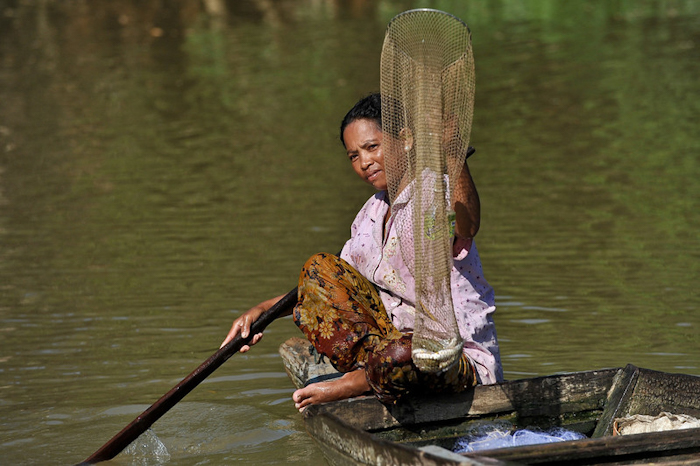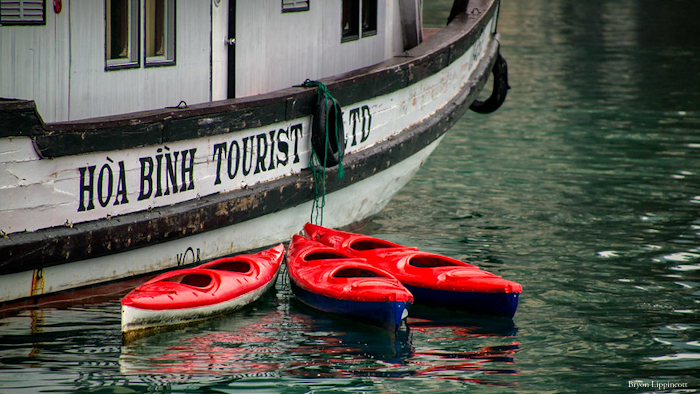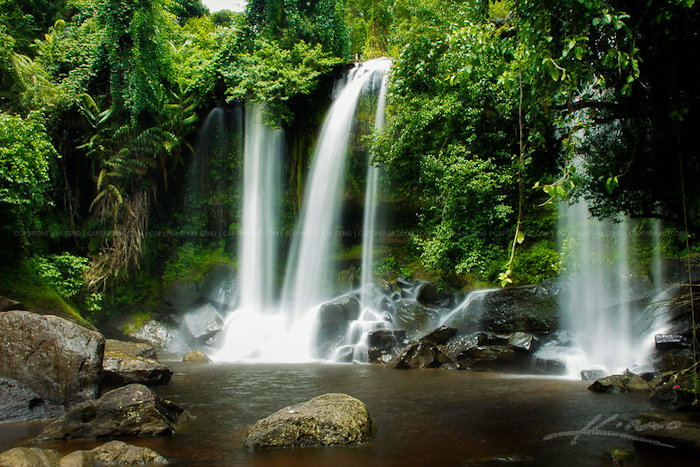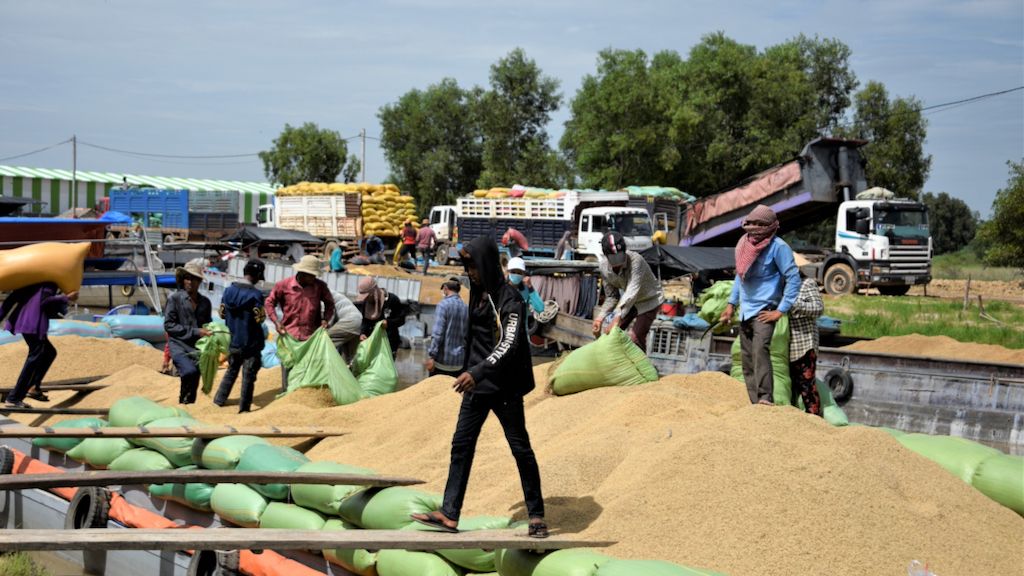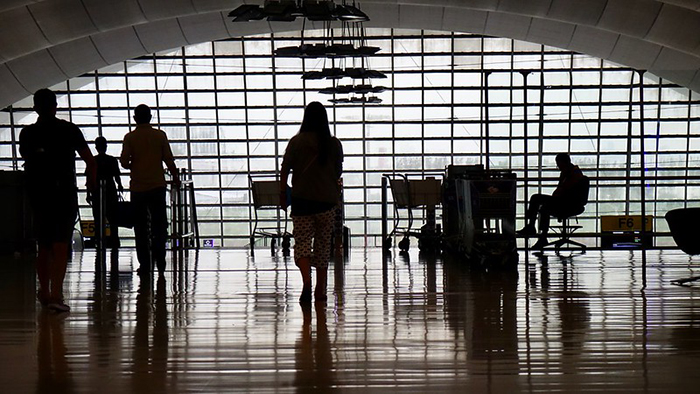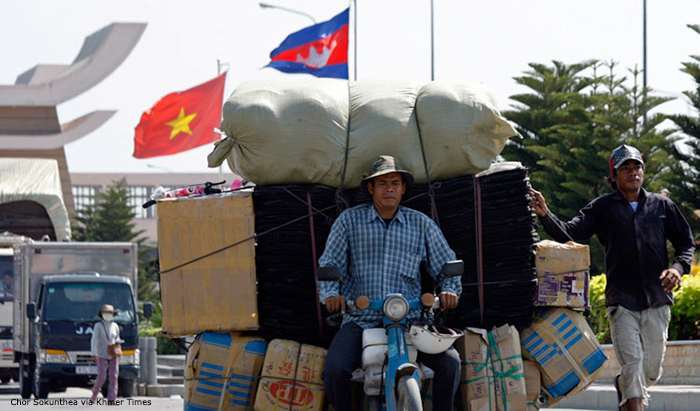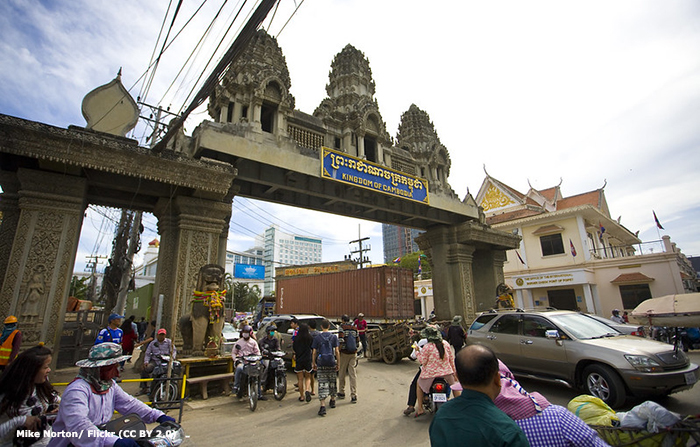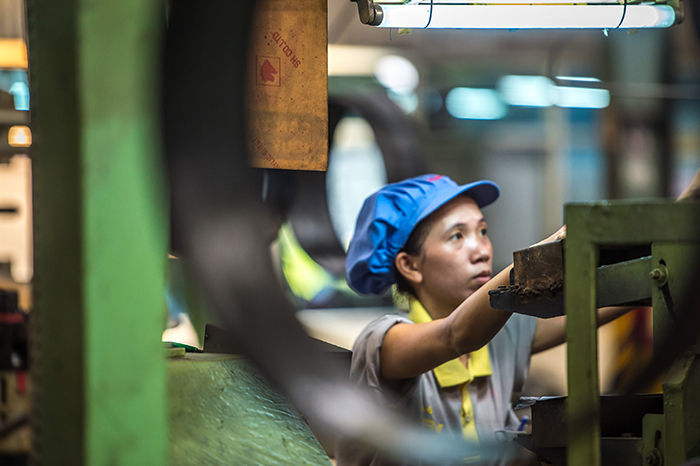Proposed ADB Project to Help Boost Cambodia’s Fisheries and Tourism Sectors
A proposed Asian Development Bank (ADB) project will help finance two standard ports that will boost the fisheries and tourism sectors of Cambodia’s Kep province.
A report by the Khmer Times shared provincial officials and ADB are working to establish the ports’ locations, according to Mr. Vao Sokha, Kep Deputy Governor.

